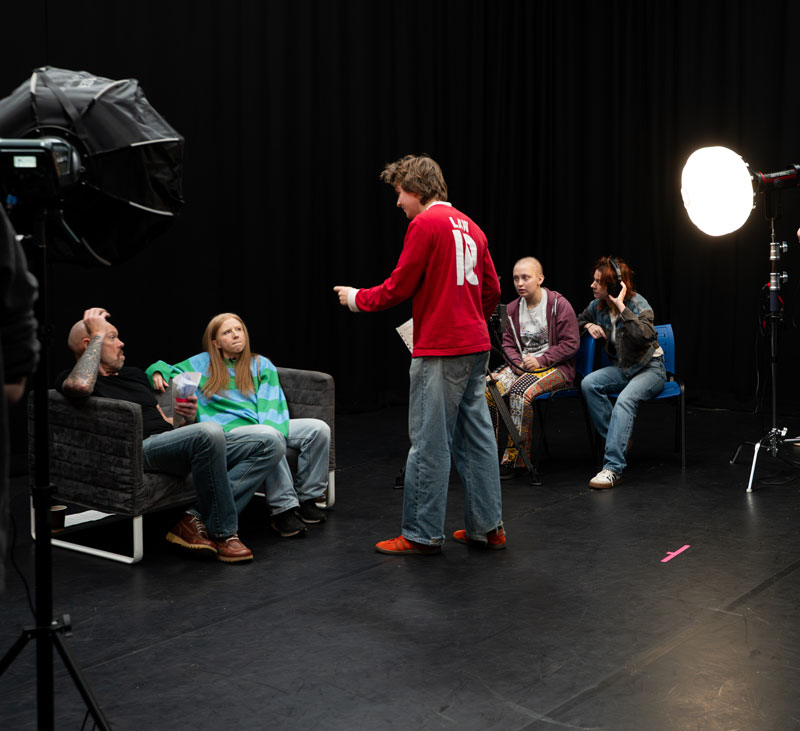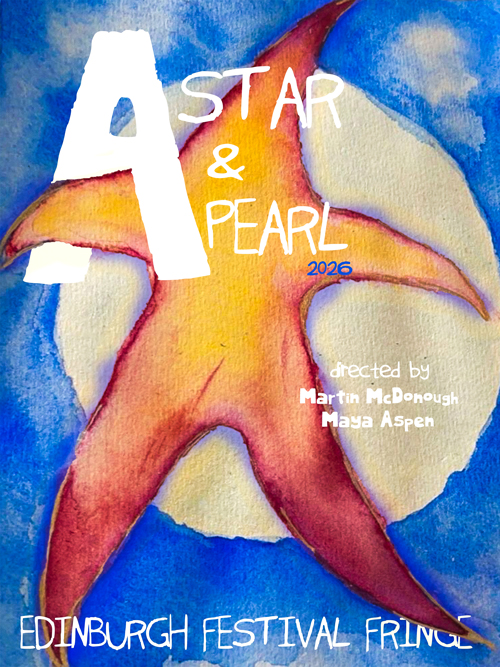A popular method of undertaking independent research projects in the performing arts and creative industries is through practice-led research.
Dr Eva Petersen is a lecturer on our Music (BA) and Music Industry Management (MA), a qualified lawyer, a singer songwriter and a strong advocate of practice-led research. We spoke to Eva about practice-led research and why it’s particularly suited to creatives and performing artists.
Let’s start with the basics, what is practice-led research?
Practice-led research is a research methodology used to create a practical piece of work that advances and leads to new knowledge. It’s the bringing together of theory and practice, with your research embedded in your creative endeavour. Theory and practice are mutually intertwined not mutually exclusive.
Can you give us an example of practice-led research from your own work?
I was doing Masters in Research when I first found out about practice-led research and my first thought as a musician was to create a piece of music. I researched experimental composition methods and studied the work of electronic music pioneers Delia Derbyshire and Daphne Oram. Inspired by their experimental techniques, and informed by the theory, context and history of their work, I created a soundtrack of new music.
Then for my PhD I took it further and really went in-depth to try to carry on the work of these women. I created my own new experimental practices, composition methods and approaches and worked with the Budapest Symphony Orchestra to create a collaborative, practical research project, an album, Voices of Winter Palace.
Now if you read my PhD, you can find out who and what inspired and informed my work, what new compositional methods have been created and listen to the music they helped me to create.

What are the advantages of practice-led research over more traditional research.
I think it’s very inclusive and collaborative. You can use a wide range of research methods and approaches and collaborate, which is what we are all about at LIPA. Your practice could be music, filmmaking, a theatre production, setting up a record label or starting a management company. Also, there is a lot of funding available for practice-led research so there are a lot of possibilities for research too.
Students on the MA Music Industry Management course are also discovering it’s a great way of gaining confidence in their practice. They are asked to reflect on their work through self-reflective essays and are often surprised by what they’ve achieved and how much progress they’ve made. And because practice-led research requires you to create something, a production, a company – and you have researched the industry and sector in-depth – you're well placed to start your career. It’s also a form of vocational training. Our MA students have used their practical projects to attract music industry employers and funding even before graduation, so practice-led research is focused upon employability.
What are the qualities you need to thrive as a practice-led researcher?
You need to enjoy creating and leading projects. You need to be the kind of person who when they discover a new piece of information immediately thinks, ‘OK, what can I do with this?’ That’s why practice-led research is so suited to the performing and creative arts which are practice-based and experiential. It is hard work, it does need to be theoretically robust, you’ve got to know the history and the context, but it’s exciting. If you're a creative and passionate about what you do, then practice-led research is definitely the way to go.
Listen to Voices of Winter Palace
Find out more about MA Music Industry Management




